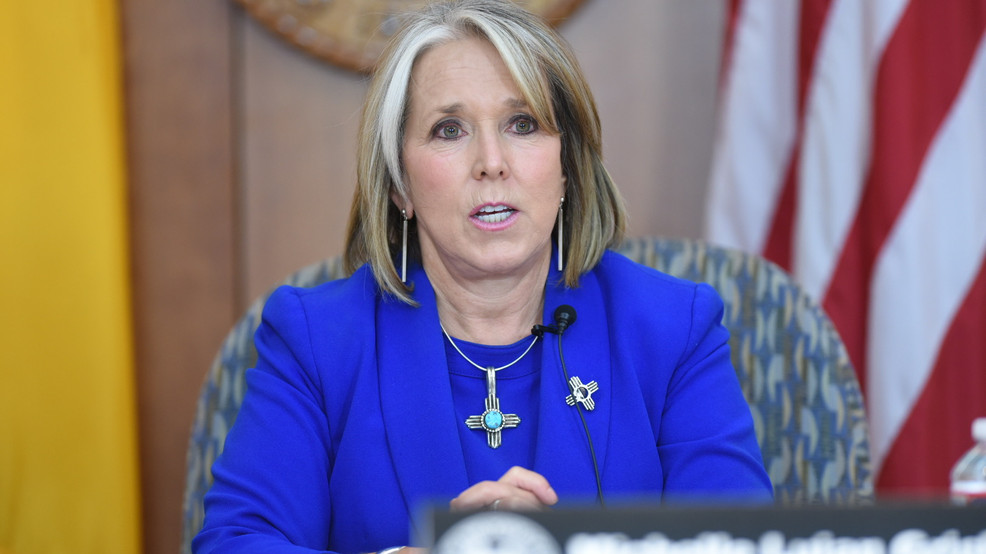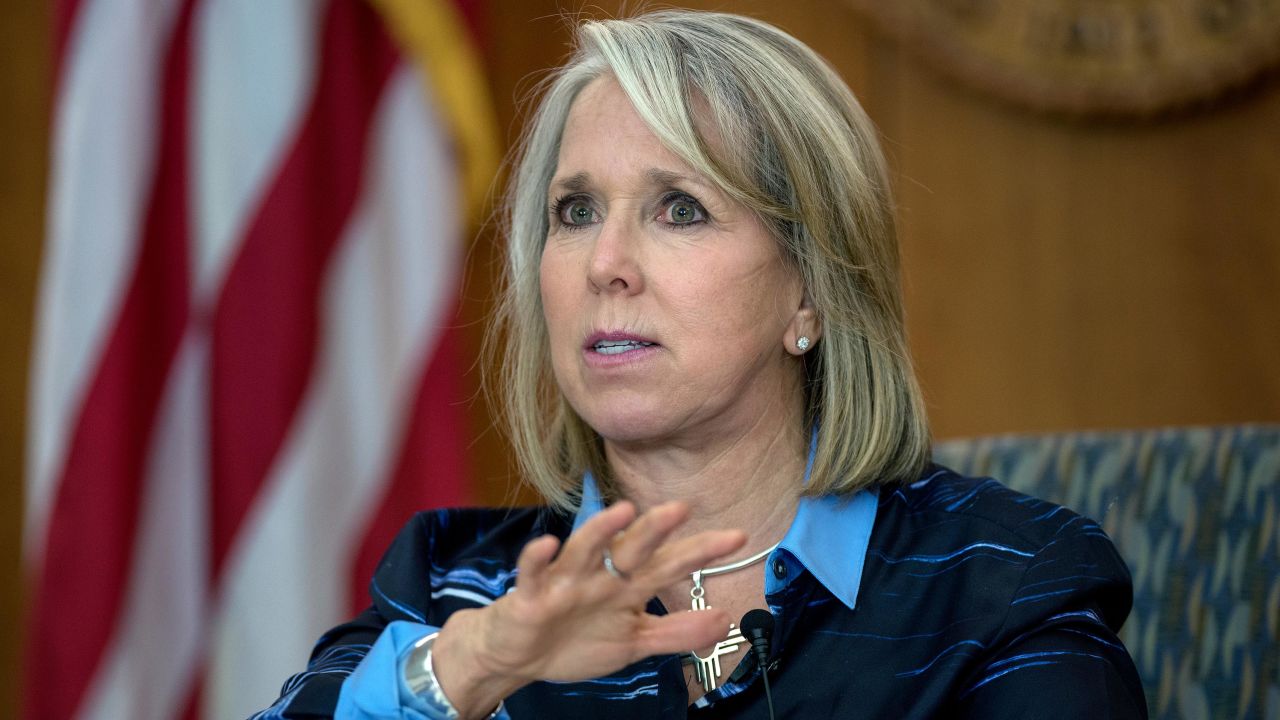New Mexico Governor, Michelle Lujan Grisham, has signed SB 4, which ensures that healthy meals will be available to all K-12 students in public schools next year.

New Mexico Governor assures food security in the state as SNAP benefits end. (Photo: CNN)
Food Security in New Mexico
This move is aimed at providing relief to families who rely on their children being fed at school to help stretch their food budgets. However, the reality of food insecurity in low-income immigrant communities such as Santa Fe’s Southside is more complicated.
According to advocates, this community has been neglected and misunderstood by local and state officials for a long time. In the two schools closest to the Southside, Ramirez Thomas Elementary and Capital High School, 100% of students qualify for free and reduced lunch.
Gladys Recinos, a single mom, says that school meals are indispensable for her and her family, and sometimes she sends her daughter to school early just so she can eat breakfast. Recinos was recently unable to make her food assistance last for the whole month due to the federal government ending the pandemic expansion of the Supplemental Nutrition Assistance Program.
READ ALSO: New Mexico Families Receiving Child Support Payments Expect Additional Monthly Direct Payments
Advocates on Food Security
Advocates say that bringing healthy foods, grocery stores, gyms, and health care to the Southside has long been a problem, and the city of Santa Fe approved the Healthy Communities Overlay District in 2012 to try to address the issue.
The district was intended to bring incentives like fee waivers to the community but it was never implemented. According to Miguel Acosta, co-director of Earth Care, the situation of getting food and infrastructure to the Southside is much more dire – it’s food apartheid, a deliberate lack of policy and investment.
The community wants more investments in small businesses and culturally-relevant places to get food like an outdoor market, a style of vending that is common in Latin America where patrons can get fresh produce as well as gather with their neighbors.
READ ALSO: New Mexico Residents Can Still Claim A Tax Rebate Of Up To $500 In 2023




















